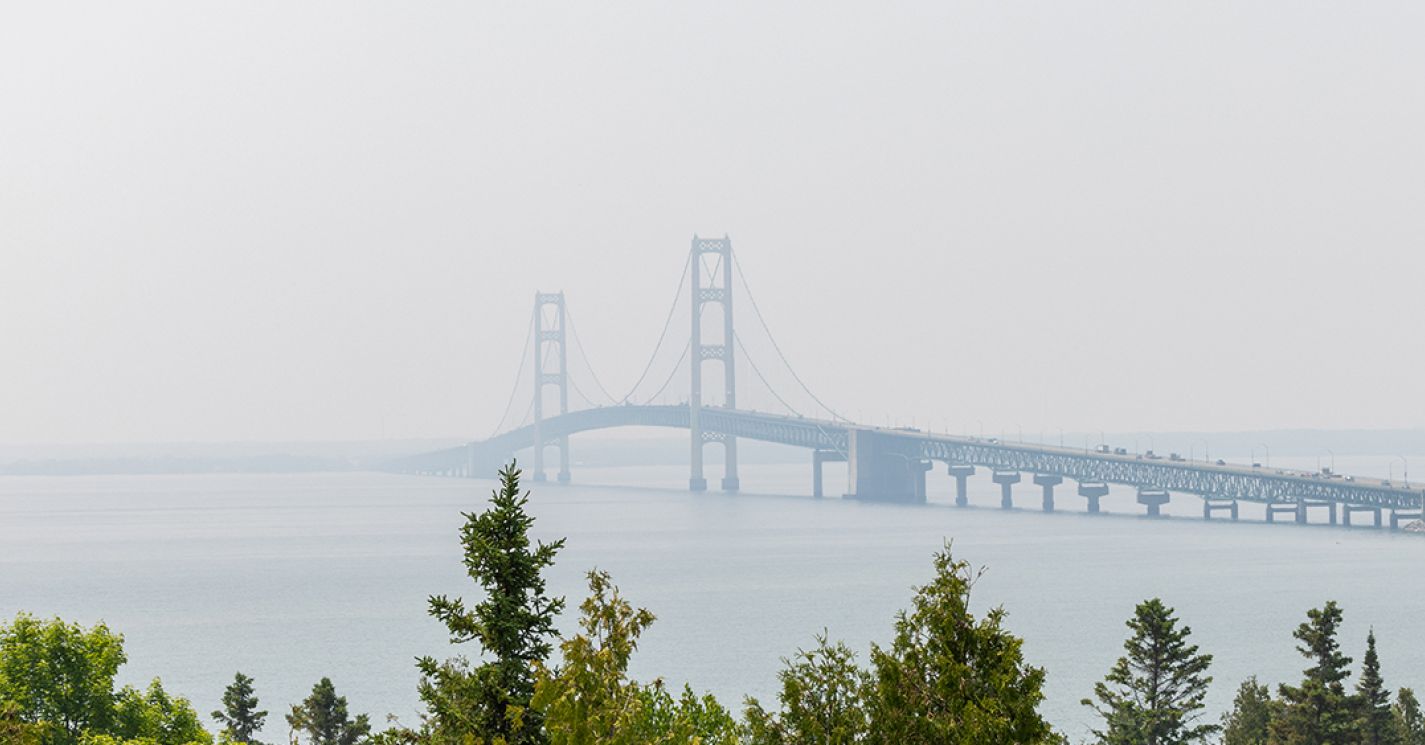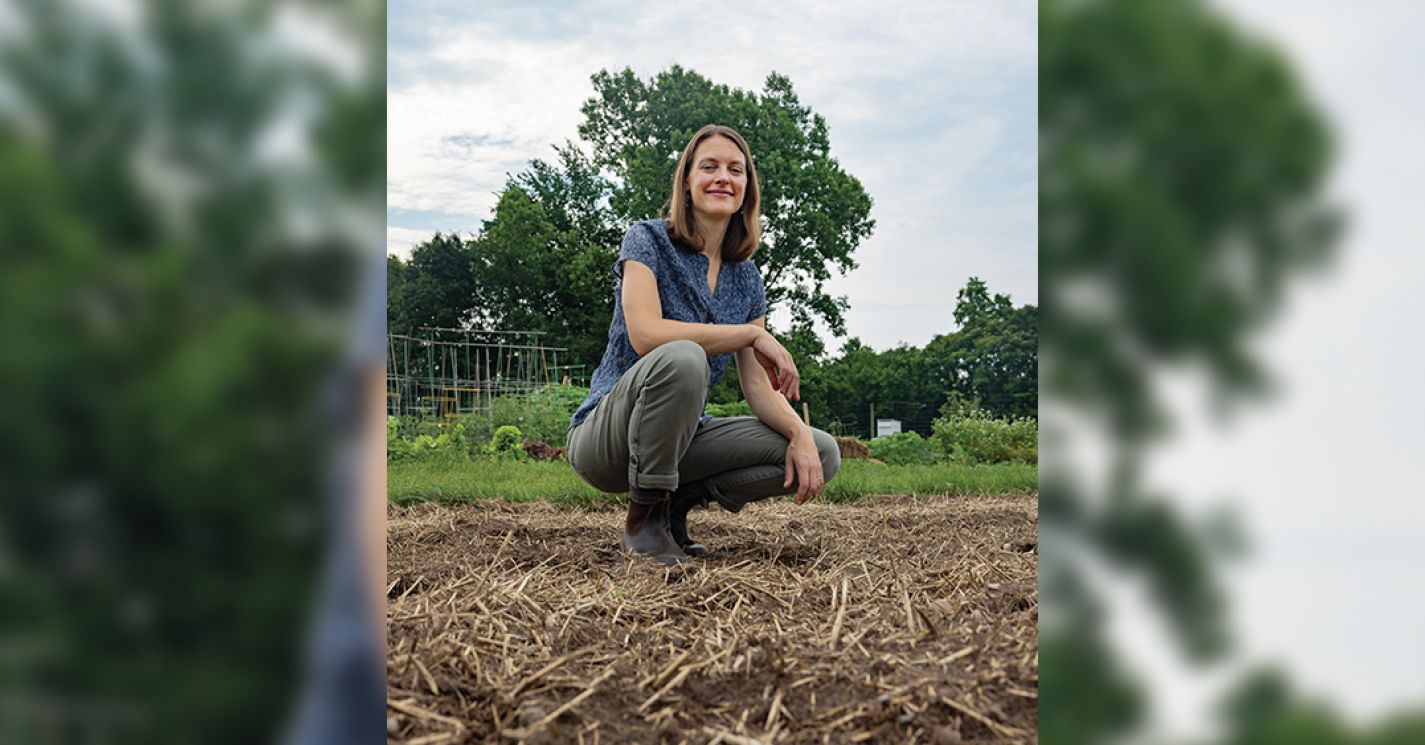Bunyan was amazing with students and inspired many of us to develop competence to do environmental justice work. He was the first person I met at the School of Natural Resources (SNR) in 1991. I was wandering the hallway and he invited me into his office. We ended up having a conversation about Kingian nonviolence, which has shaped my life and career to the present day. I credit Bunyan for instigating my early involvement in EJ at SNR and my experience of the early EJ movement during the Michigan Coalition meetings. He introduced me to Grace Lee Boggs and other national leaders of the movement. Most importantly, he got me out speaking to people in Sumpter Township about their experiences living next to the landfill. In the process, I also met farmers who were losing their family homesteads due to similar socioeconomic processes. I cannot thank him enough for his unbending support, good-natured tenacity in the face of any adversity, and clarity of focus as an example to create a future that embraces both people and climate justice as a single, fundamentally achievable goal.—Karen DeGannes (MS ’91, PhD ’13)
Bunyan and I became good friends during his transition into the School of Natural Resources in the early 1970s. We went on a 10-day road trip in the Northern Rockies visiting coal mines, American Indian reservations and rancher anti-coal groups. We developed a special and enduring friendship from that opportunity. Later, Bunyan contacted me to discuss his developing the Environmental Justice program. This all resulted in a very special friendship we had together until his passing.—Bill Bryan (MS ’67, PhD ’72)
Bunyan’s academic, political and teaching accomplishments are exemplary and enduring. I believe Bunyan’s true superpower was his ability to wholeheartedly “show up” to listen, learn, laugh and be empathic. There have been numerous times in my career and life where Bunyan offered me council, consulted with organizations where I was staff, offered me opportunities for professional growth and just called to check in. I am certain my experience is not unique. Bunyan was a gift and inspiration to us all!—Pamela Mavrolas (MS ’77)
Drawn to one of Dr. Bryant’s courses in 1984 due to the connection between social change and natural resources, I had no idea what a lasting impact the curriculum and the professor would have on my life. A pioneer in an arena that was once unrecognized and is now part of our vernacular, his work has impacted thousands of students, his peers, the academy, the environmental movement and, indeed, the course of history. The Biden-Harris administration’s Justice40 Initiative can be traced back to Dr. Bryant’s relentless work to connect social and economic justice to public health. His passion for the issues, deep belief in peaceful protest and steady determination to persevere in often extraordinarily challenging circumstances has been a model for me and countless others who have struggled to make sense of the vast disparities in this country. Dr. Bryant’s work shaped the trajectory of my career, and for that I am fortunate and grateful.—Lisa Wozniak (BA ’87, MA/MSW ’93)
The week that Bunyan passed I had mentioned his influence on my academic career to a graduate student who was thinking of going into a doctoral program. I pointed to the magazine picture of Bunyan that I have framed in my office and talked about how important it is to have a dissertation advisor who is also a mentor and your strongest advocate. I teach Research Methods for Sustainability. The previous week’s lecture was on qualitative methodology. I presented my dissertation work on community-based activism within an environmental justice frame around the siting of a waste-to-energy facility in Flint, Michigan, as a case study on using qualitative research methods, and I mentioned Bunyan’s guidance as my dissertation chair on the project. So, I talked about Bunyan twice that week to my students. This is a testimony that he is always with me, and I will continue to keep his presence in my heart and mind the rest of my days.
—Joseph W. Dorsey (PhD ’99)
Read more about the life and legacy of Bunyan Bryant





